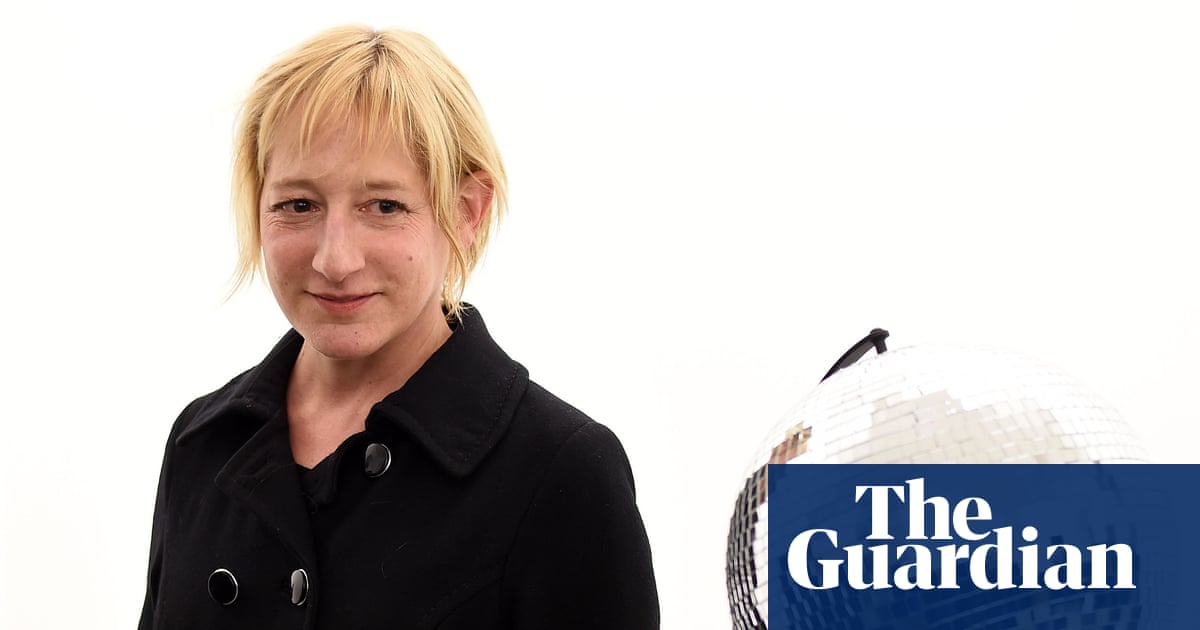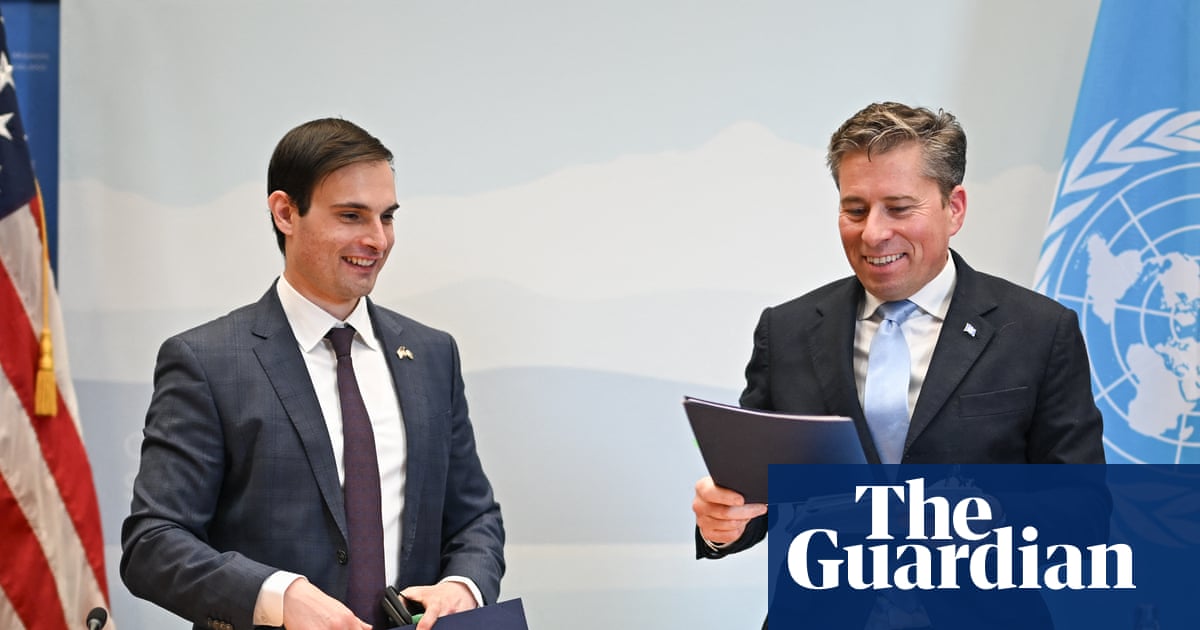Shabana Mahmood announces plan to make it easier for police to ban regular protests like pro-Palestine ones
There used to be an informal convention in Westminster that, when the main opposition party was holding its annual conference, the government would hold off on major announcements. But, like many of the customs associated with the “good chaps” approach to politics, this has broken down and the Home Office has just announced a big story that will gobble up some, but not all, of the attention the Tories were expecting.
Shabana Mahmood, the home secretary, is going to tighten the law to make it easier for the police to stop certain protests. They will be allowed to consider, not just the one-off impact of a planned protest, but the “cumulative impact” of regular marches organised to promote the same cause.
This is a response to the regular pro-Palestine marches that have been taking place since the Israel-Gaza war started two years ago, and in particular to the decision of organisers to go ahead with protests yesterday even after ministers suggested they should be called off out of respect to the Jewish community following the Manchester synagogue attack on Friday.
In a news release, the Home Office says:
Police forces will be granted new powers to put conditions on repeat protests as the home secretary orders a fresh look at how protests are policed and organised.
The new powers, which will be brought forward as soon as possible, will allow senior officers to consider the ‘cumulative impact’ of previous protest activity.
If a protest has taken place at the same site for weeks on end, and caused repeated disorder, the police will have the authority to, for example, instruct organisers to hold the event somewhere else. Anyone who breaches the conditions will risk arrest and prosecution.
The home secretary will also review existing legislation to ensure that powers are sufficient and being consistently applied. This will include powers to ban protests outright, and will also include provisions in the crime and policing bill, which is currently going through parliament.
Allowing police forces to take into account “cumulative impact” when deciding whether to ban a march is one of the proposals in a report published last year by John Woodcock (Lord Walney), the former Labour MP who was appointed by the last government as its independent adviser on political violence and disruption. Woodcock’s proposals were condemned by human rights groups, and many of his recommendations were ignored by the Tories.
Commenting on her announcement, Mahmood said:
The right to protest is a fundamental freedom in our country. However, this freedom must be balanced with the freedom of their neighbours to live their lives without fear.
Large, repeated protests can leave sections of our country, particularly religious communities, feeling unsafe, intimidated and scared to leave their homes. This has been particularly evident in relation to the considerable fear within the Jewish community, which has been expressed to me on many occasions in these recent difficult days.
These changes mark an important step in ensuring we protect the right to protest while ensuring all feel safe in this country.
UPDATE: Here is Peter Walker’s story on this.
Key events Show key events only Please turn on JavaScript to use this feature
Badenoch claims voters will like plan for Trump-style deportation force to remove 150,000 illegal migrants per year
Good morning. The Conservative party conference is starting in Manchester today – although you could be forgiven for thinking it’s another Reform UK conference, because Kemi Badenoch has already made two huge policy commitments that are straight out of the Nigel Farage manual.
First, on Friday night, she announced that the Tories would withdraw from the European convention on human rights.
And, last night, she said that if her party wins the election it will set up a new immigration taskforce, modelled on Donald Trump’s beefed-up Immigration and Customs Enforcement (Ice), with the intention that it will deport 150,000 people who are in the UK illegally every year.
Given the way Ice is now operating in the US – like an autonomous militia, with masked goons violently abducting migrants, or anyone who looks like one, with little or no regard to due process – Guardian readers, and other progressives, may assume that this is about the worst idea imaginable. But this is where concerns about illegal immigration are pushing the policy debate for rightwing parties (Reform propose something similar, only they have not fleshed it out in so much detail), and Badenoch herself thinks this will prove popular.
In an interview with Ben Riley-Smith for the Telegraph, she was asked if the plan for an Ice-style removals force was a bit Trumpian. Badenoch replied:
I wouldn’t be surprised if he [Trump] loved it.
But what’s really important is that people in this country will like it.
Within the next few days we might find out.
Here is the agenda for the day.
8.30am: Chris Philp, the shadow home secretary, is interviewed on Sky’s Sunday with Trevor Phillips.
9am: Kemi Badenoch is interviewed on the BBC’s Sunday with Laura Kuenssberg.
9.30am: Badenoch is interviewed by Camilla Tominey on GB News.
1.30pm: James Cleverly, the shadow housing secretary and former home secretary and former foreign secretary, takes part in a Q&A at a Tony Blair Institute fringe.
2pm: The conference opens. The speakers include Kevin Hollinrake, the Conservative chair, Matthew Syed, the Sunday Times columnist who recently revealed that he has joined the Tories (having in the past tried to get elected to parliament as a Labour candidate), Russell Findlay, the Scottish Tory leader, and Darren Millar, the Welsh Tory leader.
2.45pm: Kemi Badenoch, the party leader, gives a speech that is expected to focus on the party’s plans to leave the European convention on human rights. Her main speech is on Wednesday.
3.15pm: Members hold a debate on the proposition that “freedom of speech is a fundamental pillar of democracy, and we need to create stronger protections for it in law”.
3.30pm: Robert Jenrick, the shadow justice secretary, takes part in a Q&A with Robert Colvile, the Centre for Policy Studies director, at a fringe meeting.
5.15pm: Philp speaks at a fringe meeting on policing.
If you want to contact me, please post a message below the line when comments are open (normally between 10am and 3pm BST at the moment), or message me on social media. I can’t read all the messages BTL, but if you put “Andrew” in a message aimed at me, I am more likely to see it because I search for posts containing that word.
If you want to flag something up urgently, it is best to use social media. You can reach me on Bluesky at @andrewsparrowgdn.bsky.social. The Guardian has given up posting from its official accounts on X, but individual Guardian journalists are there, I still have my account, and if you message me there at @AndrewSparrow, I will see it and respond if necessary.
I find it very helpful when readers point out mistakes, even minor typos. No error is too small to correct. And I find your questions very interesting too. I can’t promise to reply to them all, but I will try to reply to as many as I can, either BTL or sometimes in the blog.

 2 months ago
90
2 months ago
90

















































